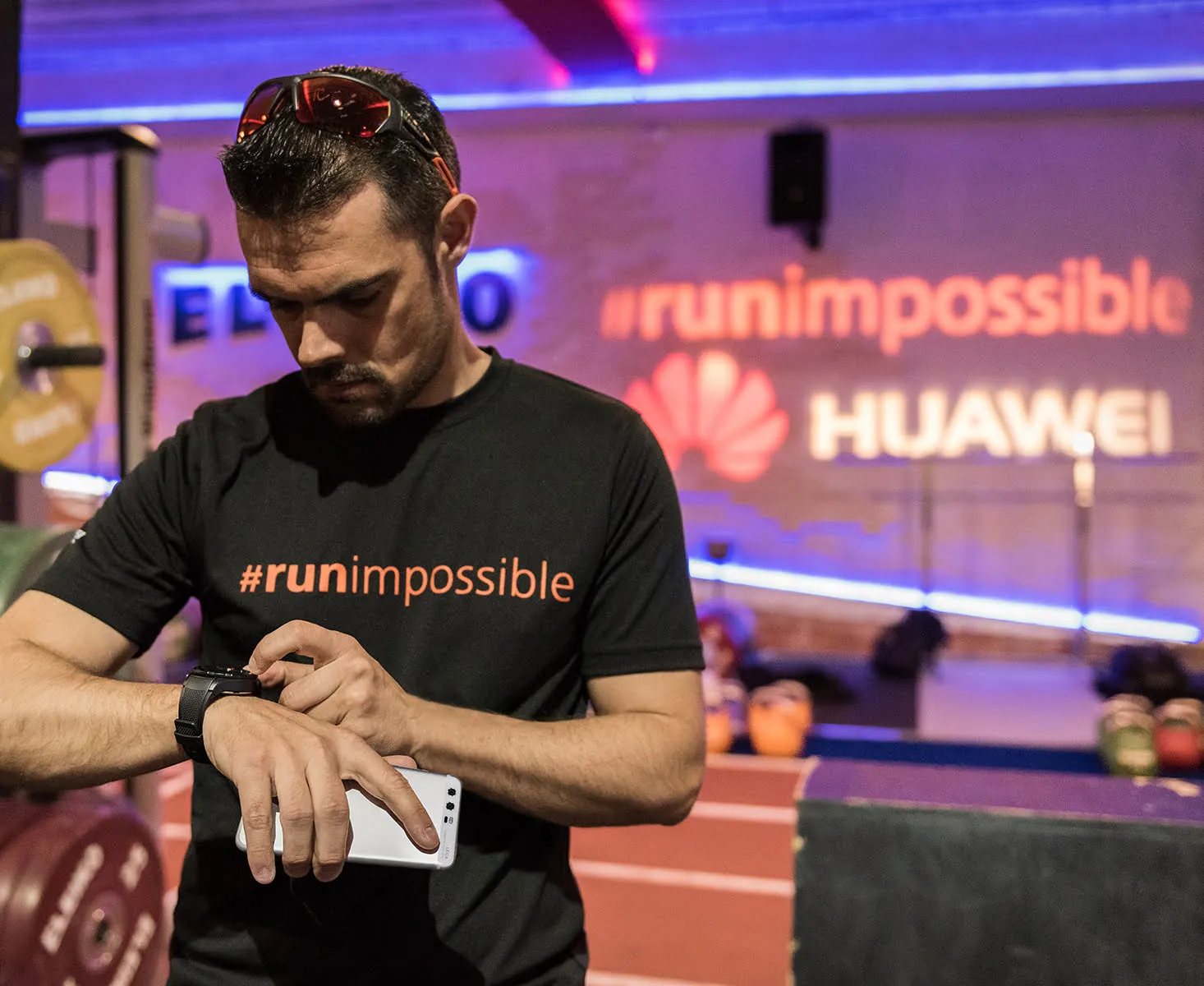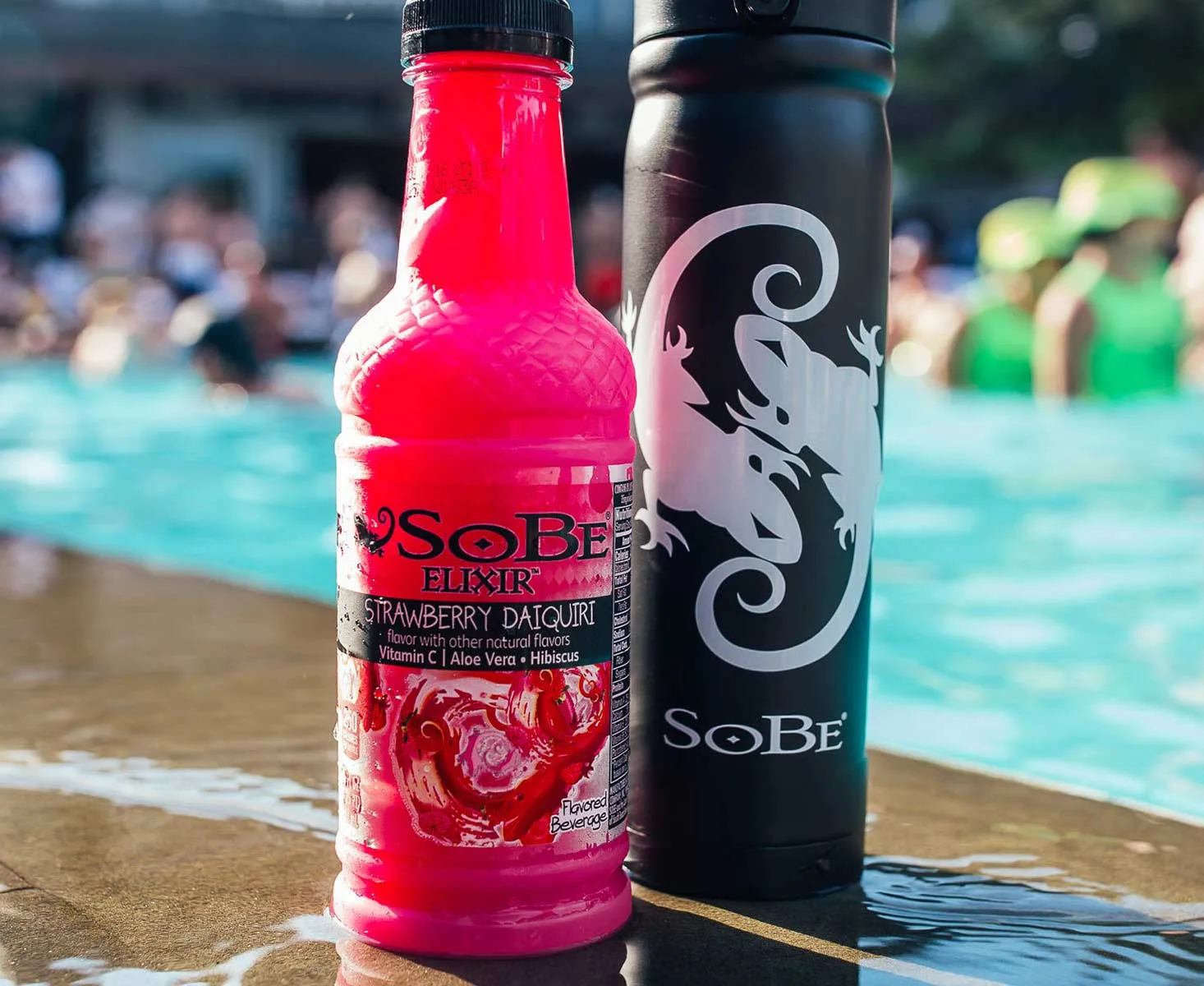McDonald’s took a risk with their recent ‘dead dad’ ad. Unfortunately for them, it didn’t pay off.
The public reaction and negative backlash to the ad hasn’t been quite as extreme as the Pepsi debacle, but it’s been enough to cause McDonald’s to pull the campaign and issue an apologetic statement.
Unlike Pepsi, we don’t believe McDonald’s deserve to be lambasted for the ad. The difference here; one brand was irresponsible with their platform to influence, trivializing the ‘black lives matter’ protests and the sexualization of women in the fashion industry, while the other was a victim of their own category.
For example, John Lewis is for many, a middle-class brand who can do no wrong with their ads. Now picture this. John Lewis launches a Christmas advert that shows a fatherless boy unwrapping a pair of green woolly gloves. The boy is ecstatic. The mother looks at her son lovingly and says, “your father loved green woolly gloves, too” – cue lump in throat, sales go through the roof. There is a sense of double standards here, but this is the world we live in.
We believe brands, especially those who embrace a challenger mindset, need to take risks. If you’re not getting it wrong sometimes, you’ll never get it right in a big way.
A successful John Lewis Christmas advert from 2014
Although the ad was badly received, the philosophy of risk taking is absolutely right and should be encouraged. If brands become hesitant about launching campaigns with challenger thinking, worrying too much about receiving negative feedback, consequently repealing months of hard work, we will find a lot of brands playing it safe with boring and repetitive work.
In venture capital there is a saying;
“If you’re not losing money, you’re not making money”.
You have to turn out a few turkeys to land the game-changing unicorn.
At A Little Bird we embrace occasional failure as a long-term path to faster and quicker growth. Fail, but learn, adapt and grow from your experiences.







